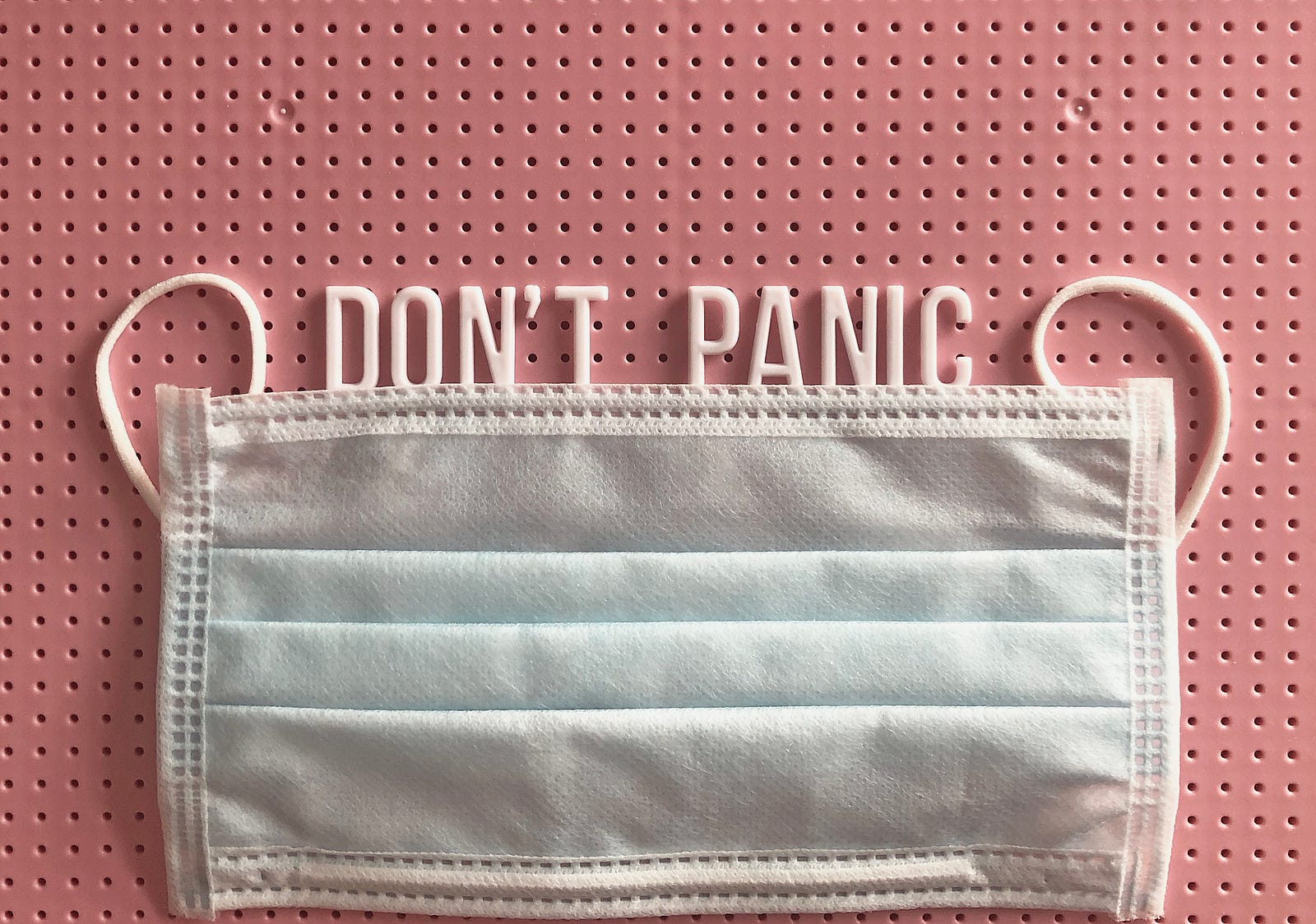Empathy: A Key to the COVID-19 Crisis

In times of crisis, it is difficult to hold on to empathy. When faced with death, fear or scarcity, most of us retreat inwards. We put on our own masks first, before helping others.
This is true of every situation which threatens to destabilise the normal order of things. And it is a threat that we are facing now, during COVID-19.
Empathy: A Human Condition
But empathy isn’t a “nice-to-have”, a cherry on top of an orderly and democratic society, where the WiFi flows free and the streets are lined with toilet paper.
It is the very basis of our humanity.
In Yuri Hererra’s book, Sapiens, he discusses how human beings reached the top of the food chain. It wasn’t by being the fastest or strongest or biggest — the sabre tooth tigers had a monopoly on that. No, the thing that catapulted us to the top was our ability to thrive in increasingly large social units.
Most animal groups are made up of up to 50 individuals. We, humans, topped that, and created civilisations. The ability to work cohesively in large groups was what gave us the advantage.
To this day, it is what keeps us strong.
The Era of Individualism
Over time, society has become increasingly individualistic. Nowadays, we value individual success over the success of the collective. And we have role models to represent this — Zuckerberg, Bezos, Musk etc. They, in turn, are hugely individualistic. And the cycle perpetuates.
Independence, self-reliance. Those are the mantras of our generation. Dependency, on the other hand, has become a pathology.
COVID-19 has fuelled this individualism. Some of the fuel has been necessary (self-isolation). Some, less so.
This leads us to the worrying phenomenon of social selfishness. This is a relatively new concept and difficult to define. But it definitely includes treating toilet paper as a commodity, and stripping the shelves of everything that isn’t SPAM.
Food For Thought
We live in an instant economy. When it comes to giving people money in exchange for goods, we aren’t used to being told “No”. This is partly where the fear comes from. We know it must be bad, if we can’t get what we want, when we want it.
This is the mentality underlying the current COVID-19 crisis.
We are stocking up on things that we do not need, to control a future that we cannot predict.
But, in doing so, what we are trying to control isn’t the virus anymore. It’s our own fear. And fear cannot be controlled. In fact, the more you struggle, the harder the struggle will become.
This is where empathy comes in.
Empathy In the Time of COVID-19
In situations such as the one that we find ourselves in, we need to re-affirm our humanity by exercising our empathy. We need to step outside of our own experience, and realise that our fear might be less scary than someone else’s lived reality. Because many people have a lot on their plates right now.
Some have lost friends or family members. Others are worried about their loved ones, who are unwell, or who they have to stay away from, so as not to make them unwell.
Others still are working 16 hour shifts in the retail or health sectors, taking care of people. Then going to the shops, after their shift is over, only to be faced with empty shelves.
At this point we — the fearful stockpilers, the anticipatory hoarders — are the threat.
Empathy is a Verb
Instead of focusing on our own fear, then, we need to focus on reaching outwards.
We need to get in touch with people. Check if they need anything, or ask if they just want to chat. We need to help the most vulnerable among us feel less uncertain, and less isolated.
We need to check in with our friends. Find out from the doctors what it’s like to feel responsible for other people’s lives during a pandemic. Find out from the shop assistants what it’s like to work in empty stores, with people holding you personally accountable for a lack of toilet paper.
We need to be nice to people and acknowledge that some, in doing their jobs, are bearing the burdens of uncertainty for entire communities. Elected officials signed up for these responsibilities. Doctors and shop assistants did not.
Instead of shopping to stockpile for ourselves, we need to start being considerate — of people who no longer have an income, who have no mode of transportation, who, due to the nature of their jobs, currently have no time. We need to consider the elderly, and anyone else who doesn’t have the privileges that we have.
A lot of this comes down to mentality. Of re-establishing perspective, and of looking outwards rather than inwards. Some of it, though, comes down to joining in, rather than opting out. Of supporting organisations, such as COVID Mutual Aid, which have sprung up the time of crisis to offer local aid for vulnerable, and which run on empathy.
We cannot predict what is going to happen. But we can re-frame our fear. To do this, we need to shift our focus from what could happen to us in the future, to what we can do for others, in the present.
About the Author
Sophie Leane is a guest contributor to The NLP School on Medium and the NLP School blog. You can also find her writing on Medium HERE.
Did you like this post?
Then check out our events and courses!
Where to find us
For posts, events, free open days and more, follow NLP School on:
Twitter: @NLPSchool
Facebook: /NLPSchoolLtd
What to read next
Managing Your State During the Corona Virus
